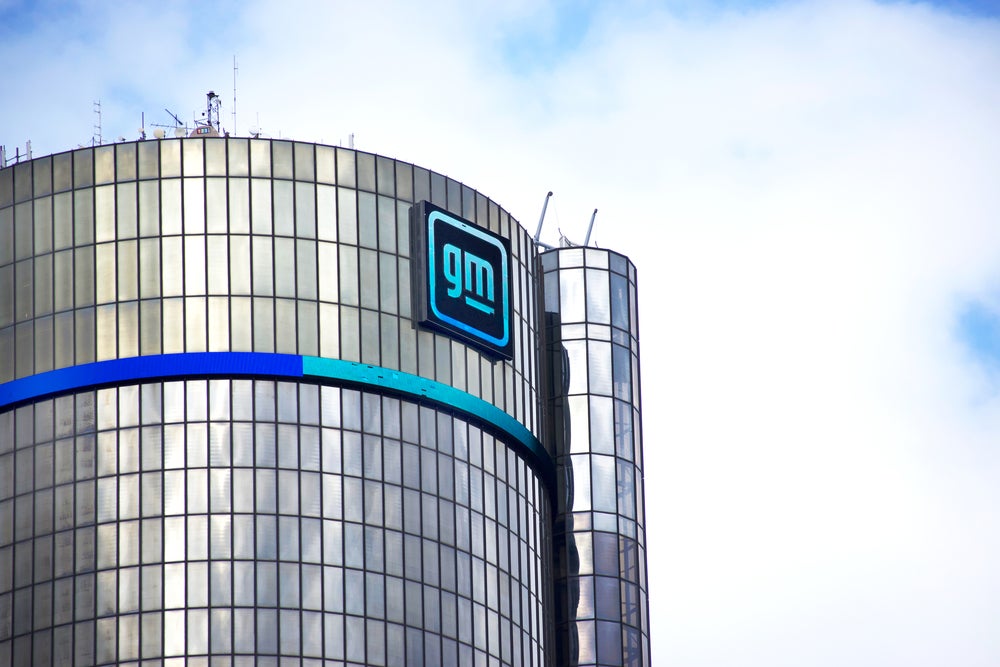
General Motors will pay a $145.8 million penalty after a US government probe found excess emissions from approximately 5.9 million GM vehicles, Reuters reports.
In addition, the automaker will forfeit credits worth hundreds of millions of dollars.

Discover B2B Marketing That Performs
Combine business intelligence and editorial excellence to reach engaged professionals across 36 leading media platforms.
Auto safety regulator, the National Highway Traffic Safety Administration (NHTSA) said GM will pay a $145.8 million penalty for fuel economy compliance issues.
The firm will also cancel more than 30.6 million fuel economy credits for the 2008-2010 model years to resolve the issues identified by Environmental Protection Agency’s (EPA) light-duty vehicle in-use testing program.
In a separate statement, the EPA said GM has agreed to give up approximately 50 million metric tons in carbon allowances.
It comes after the multi-year investigation found 2012-2018 model year vehicles were emitting more than 10% higher carbon dioxide on average than GM’s initial compliance reports claimed, according to Reuters.
In a statement, GM said it “has at all times complied with and adhered to all applicable laws and regulations in the certification and in-use testing of the vehicles in-question.”






